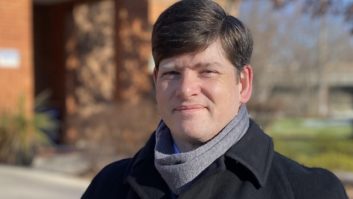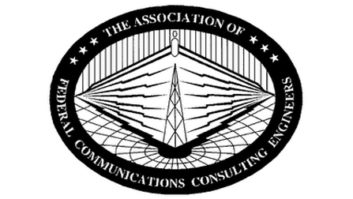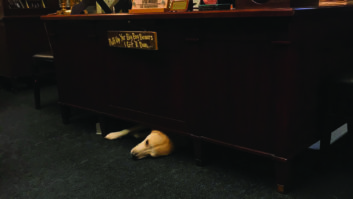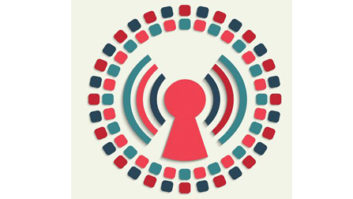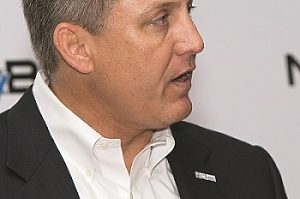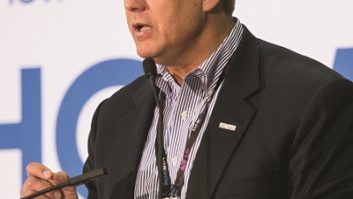Every now and then, we broadcast engineers work with a lawyer or regulator. Contracts and regulations often require technical details; frequencies, powers, protocols, calculations, formulae, heights, etc.; and if we are “a good communicator” we can explain in a way that works what is necessary for the legal task at hand.
Usually, there is clumsy back and forth, a series of edits, and a white board or two involved. In the end, the technical types settle for “close enough.” On a good day, an Ivy League lawyer can parrot back enough sense to make the document reasonably useful.
The tribes represent different skill sets. Broadcast engineers, in particular, seldom hire plumbers or electricians or anyone else — unless the complexity, time or tools required demands it. When you take care of everything from towers to toilets, self-sufficiency is an important trait.
Lawyers, on the other hand, hire professionals to have every task done. A screw comes out in a garage door, and the “door people” are called. It’s both that putting the screw back in, in such a way that it won’t fail, is a challenge — and it is a liability. An expert in garage doors might know or see something useful that the untrained eye would miss… in any case, the liability has been transferred.
So my ears perked up when I read the following exchange (RW March 14 issue) between Paul McLane and Republican FCC Commissioner Michael O’Rielly:
RW:Do you think there should be a requirement that at least one commissioner be an engineer, as has been posited over the years?
O’Rielly: No. I don’t think an artificial requirement is the way to go. If that were a requirement, I might not have made the commission. Hopefully I’ve brought some benefit to my time here so far.
It’s the “artificial requirement” characterization that got my attention.
The commissioners have, of course, mostly had legal backgrounds. O’Rielly is actually an exception to the all-lawyers trend. Of those exceptions, I am not aware of any commissioner who has ever had an engineering background. You’d think that just once, by accident even, this would happen.
That said, I know lawyers and doctors who are hams and— gee whiz — I have cross-career skills, so a commissioner with said cross-skills would be just fine, too.
Over the years, and seemingly more recently, I’ve read a number of commissioner’s statements that just make me cringe. I’m betting you’ve read or heard some of these, also.
I think “How can someone with any understanding of how this works, come to such uniformed and thus idiotic conclusions and speak so loudly? Please lord, keep this from being reflected in regulation.”
There was a time, when “management skills” were all that was required to manage anything. It did not matter if you knew anything about trains to manage a railroad. (But it did.) Even if it was on the job training (remember that OJT?), managers could use some specialized knowledge.
One is severely limited if one is regulating or writing contracts in a vacuum.
So… I’m not saying there should be an “artificial requirement” for an engineer on the commission, but once in a while, there ought to be someone that could at least pass a ham radio test.
I can’t imagine trying that approach would put the free world at risk, at least not in quite the same way that some of the less-informed regulators and lawyers have in the past.





